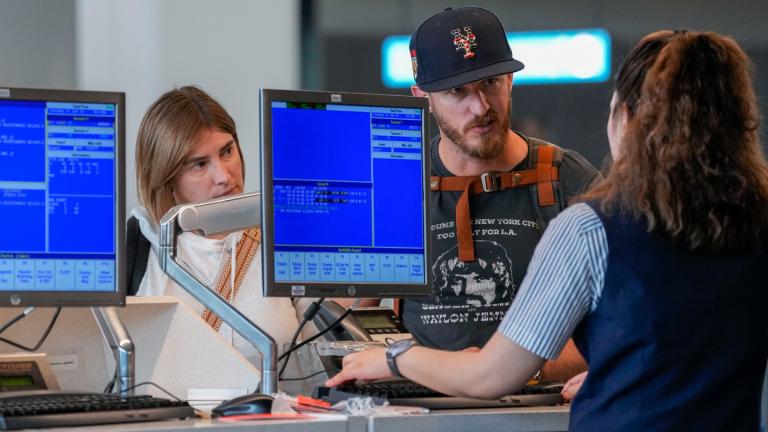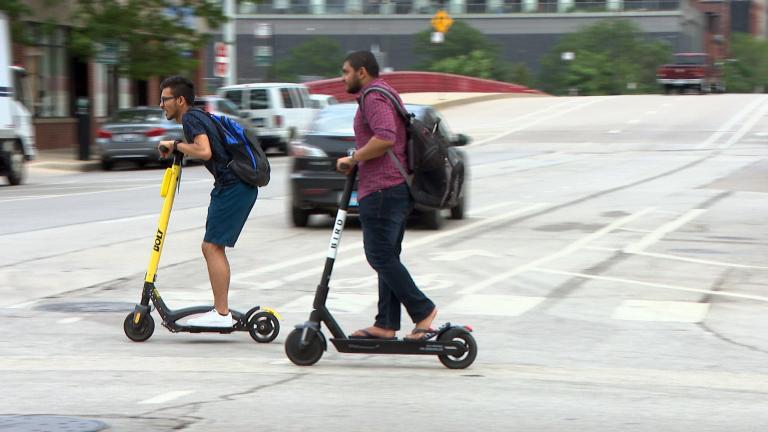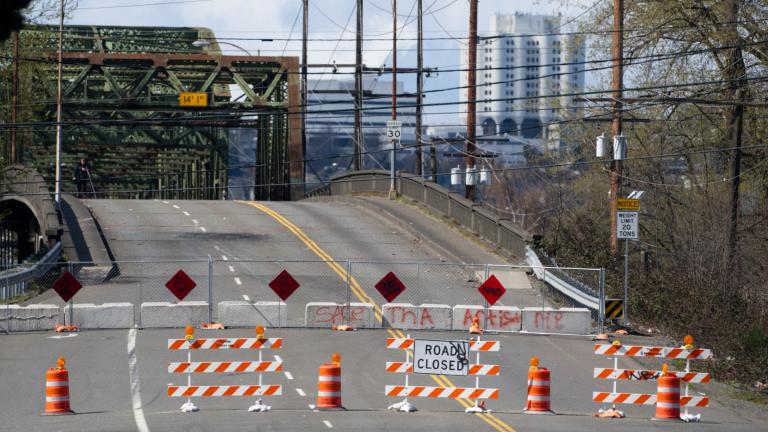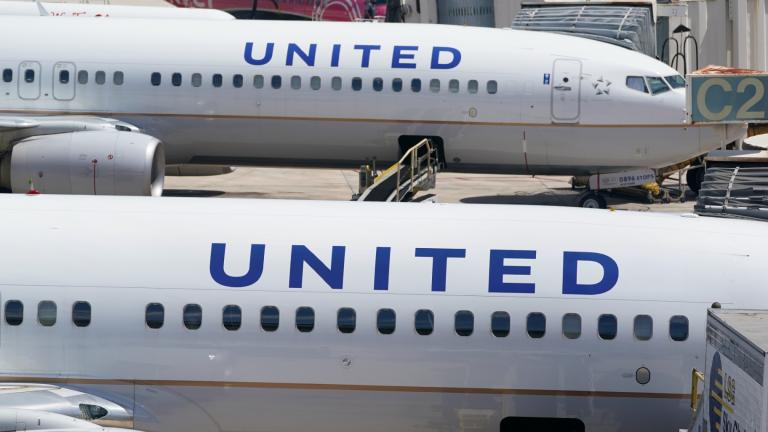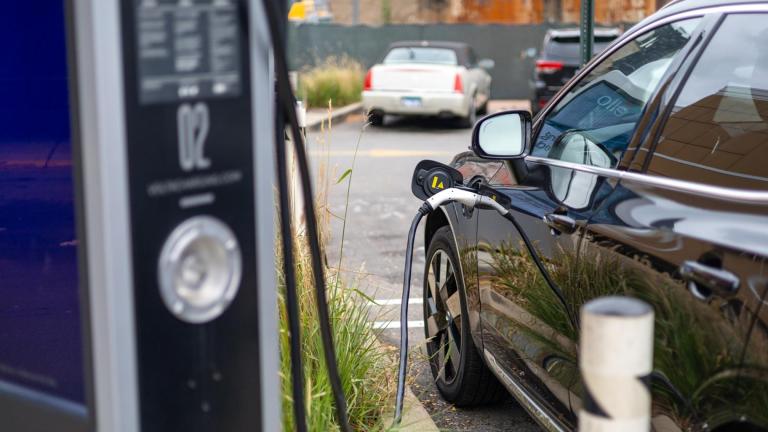It can be easy to rack up vehicle fines in Chicago.
Don’t have an $88 annual city sticker on your car?
A ticket will cost you $200.
Don’t pay it within 83 days? That fine will rise to $400.
Not to mention that tickets can rack up: leave a car without a city sticker on the street and you could receive multiple tickets for the same violation.
Such fines are a nuisance to some, but for others, they’re part of a cycle of life-altering debt, particularly when failure to pay those fines can eventually result in the state suspending a driver’s license.
“Think about the ripple effect that creates for a moment,” Mayor Lori Lightfoot said Tuesday. “Without a license a person often can’t get a job. If they have a job, it makes it harder to keep the job. Especially if they don’t have access to easy transportation. Of course actions should have consequences, we all know that. But mistakes should never result in financial catastrophe. I know what it’s like to grow up in financially challenging circumstance and to be one bill or one mistake away from crushing debt.”
The comments came as Lightfoot introduced a series of proposed changes seeking to lighten scofflaws’ financial burden.
Among them:
• Chicago will no longer take action that would have the state suspend driver’s licenses for failure to pay fines associated with non-moving violations like parking tickets and red-light camera tickets.
• The maximum fee for failure to purchase or renew a city sticker would be $250, rather than $400.
• Residents will get a reprieve from being ticketed multiple times in the same day or even two days in a row for compliance violations, ostensibly giving vehicle owners time to buy a city or state sticker before racking up more violations.
• Chicagoans will once again get a 15-day grace period after a city sticker expires before getting ticketed for not having a new one.
The city is also proposing a payment plan that gives anyone who receives a ticket six months to pay the debt, without any late fees – no excuses needed.
Anyone with a proven financial hardship could get on an extended payment plan.
The changes are expected to be introduced as an ordinance at Wednesday’s City Council meeting, with the hopes of winning aldermanic approval in September.
“We needed to reframe our thinking: What if people weren’t trying to skirt he law but simply couldn’t comply with it in the first place?” City Clerk Anna Valencia said. “We need to think critically about how we came to this point. Is it because people don’t want to pay? Or it is because they can’t?”
There’s a chance the looser stance could put a dent in Chicago’s budget; the mayor’s office says in 2018 vehicle tickets brought in $260 million in revenue, and in 2017 revenues from vehicle-related fines and penalties accounted for 9.4% of the budget.
But Lightfoot said she expects that the easier payment options and an amnesty plan could bring the city revenue it’s currently not collecting, ultimately making the changes revenue neutral on net.
Follow Amanda Vinicky on Twitter: @AmandaVinicky
Related stories:
Chicago Public Transit Leaders Talk Influx of State Funding
City Can’t Keep Impounded Cars After Drivers File for Bankruptcy: Court
Electric Scooters Are Popular in Chicago, but Safety Concerns Linger

